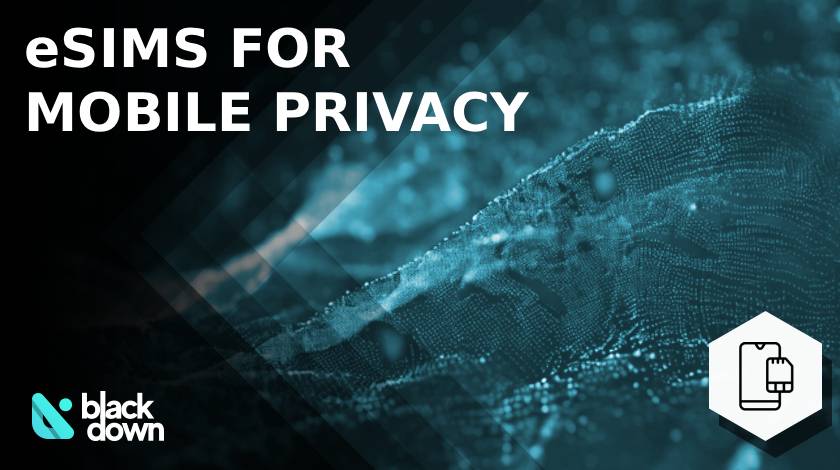For people working remotely, flexibility is a major perk. You can set up shop at a café, co-work from another continent, or take a video call at an Airbnb. But along with all that freedom comes a hidden threat. Privacy can disappear the moment you connect.
Every new network, unfamiliar SIM card, or public hotspot increases the chance that your personal information could be tracked, stored, or shared. This isn’t just about convenience anymore. It’s about protecting your data while staying mobile. eSIMs are offering a way to do both.
The Old Way Is Riskier Than It Seems
Most international workers and travelers still rely on traditional SIM cards. You buy one, insert it, and start using a local provider. It works well enough. The problem is what you give up in the process.
Each time you register a SIM, you often hand over sensitive information. Some providers ask for ID. Some store data you never agreed to share. Others may have policies you never read.
There’s also the chance of losing the SIM or having it stolen. If it’s tied to personal or work messages, that adds even more risk.
A Digital Alternative with More Control
eSIMs offer a digital way to stay connected.
Instead of inserting a physical chip, you download a mobile plan directly to your device. This removes the need for in-person setup, physical handling, or unnecessary paperwork.
You can activate a plan while sitting at a café table. You don’t have to walk into a shop or show your passport to a stranger. You can get all the info you need online and, if the plan isn’t working, you can delete it and choose another without touching the hardware.
Work and Travel with Separate Profiles
Many phones allow multiple eSIM profiles. You can keep one for business, one for personal calls, and even a third just for local data in a specific region. This keeps your lines and identities separate, which adds another layer of privacy.
If something goes wrong with one connection, your others stay intact. That means no scrambling for backup plans or carrying around a second phone.
You’re also not stuck with one provider. If a service feels unreliable or slow, you can move to a different one in just a few taps.
Fewer Gaps, Less Exposure
Remote workers move around often. That makes mobile consistency important, but security even more so. You never know what kind of surveillance tools or data policies are running on local networks.
Using eSIMs means fewer stops at phone counters, fewer copies of your ID floating around, and fewer delays if something breaks. It all happens in the background. Smoothly and privately.
Final Thoughts
The more mobile your lifestyle becomes, the more thoughtful you have to be about how you connect. eSIMs won’t solve every privacy concern, but they offer a better starting point. You get the flexibility to move and the control to protect your information.
Alexandra Chen
Related posts
Popular Articles
Best Linux Distros for Developers and Programmers as of 2025
Linux might not be the preferred operating system of most regular users, but it’s definitely the go-to choice for the majority of developers and programmers. While other operating systems can also get the job done pretty well, Linux is a more specialized OS that was…
How to Install Pip on Ubuntu Linux
If you are a fan of using Python programming language, you can make your life easier by using Python Pip. It is a package management utility that allows you to install and manage Python software packages easily. Ubuntu doesn’t come with pre-installed Pip, but here…











